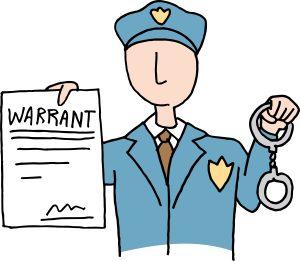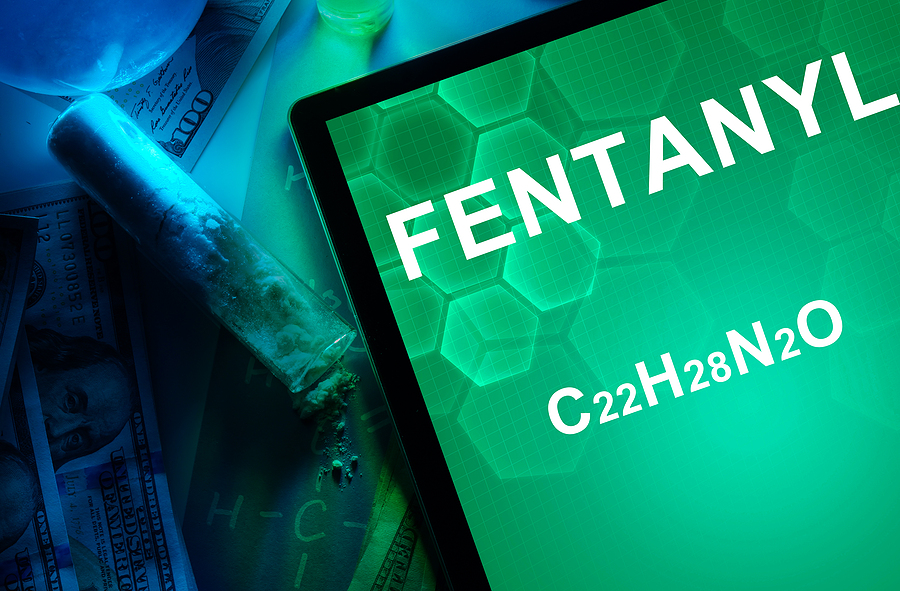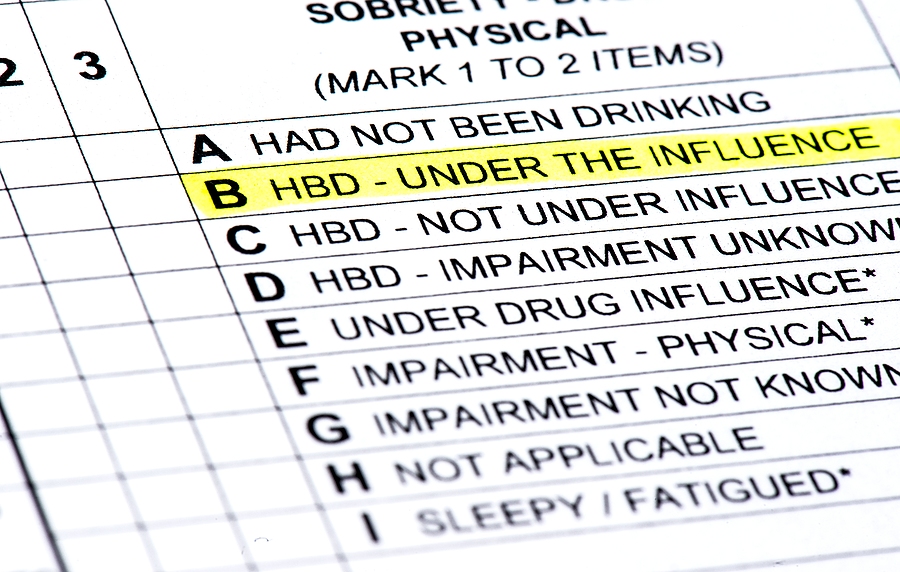The war on drugs has been, and continues to be, one of the most ineffective, expensive and damaging government policies in American history. And as it relates to marijuana, it has not only been a complete waste of money and resources, but it has been an easy, if often illegal, basis for police officers to circumvent 14th Amendment protections against unreasonable searches and seizures allowing police officers to invade privacy and property based on the alleged “odor of marijuana.” So often, police officers claim to smell marijuana, which leads to a prolonged search only to find that there is none. In court, they can simply argue that the defendant must have marijuana prior to the search, and the 14th Amendment protections evaporate. Essentially, the “odor of marijuana” can become a blanket substitute for the 14th Amendment prohibition against unreasonable searches and seizures.
Some progress has been made in this area as states have legalized marijuana recreationally. Minorities are still being arrested for marijuana at much greater rates, so systemic problems remain in force, but legalizing marijuana has provided some protection against these unnecessary and counterproductive arrests and searches.
At the federal level and in states like Florida, cannabis is not fully legal, but hemp is. While the legality of hemp certainly has not received the same kind of praise and publicity that marijuana legalization gets, it has created an interesting dynamic when it comes to police encounters and searches and seizures. Before hemp legalization, police officers would stop a vehicle or approach a person in certain areas, claim to smell marijuana and then assume full legal authorization to search that person’s property. Now, that is not so clear. First, we need to understand what hemp is under the federal and state laws. Hemp is basically the same as the cannabis plant but with less than 0.3% THC content. So, legal hemp looks, smells, feels and tastes just like illegal marijuana. A chemical test to determine the THC content of the substance is required to distinguish legal hemp from illegal marijuana. This is critical because the naked eye, mouth, nose or hand cannot tell the difference between what is legal (hemp) and what is illegal (marijuana). As a result, police officers cannot just search people or vehicles based solely on the “odor of marijuana” because what they have always assumed was marijuana might be hemp, which is now legal. And police cannot search people or property based on the assumption of illegal activity.

 Jacksonville Criminal Lawyer Blog
Jacksonville Criminal Lawyer Blog



 Gov. Ron DeSantis signed new legislation into law that imposes higher penalties for
Gov. Ron DeSantis signed new legislation into law that imposes higher penalties for 